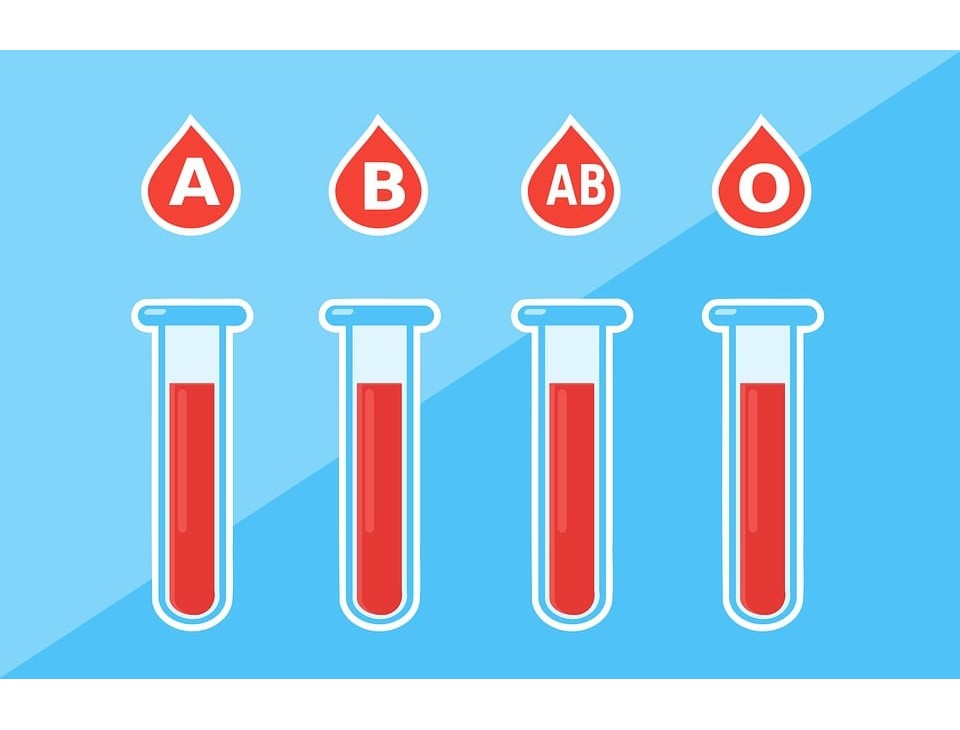Complete Blood Count (CBC) Test
A complete blood count (CBC) is a test that counts the cells that make up your blood: red blood cells, white blood cells, and platelets. Your doctor may order a CBC as part of a routine checkup or to:
- Check for anemia, a condition that causes you to have fewer red blood cells than usual
- Find out if you have another health issue or to explain symptoms like weakness, fever, bruising, or feeling tired
- Keep an eye on a blood condition
- See how medications, medical conditions, or treatments like chemotherapy are affecting your blood
How Is a CBC Done?
If the CBC is the only blood test you’re having, you can eat and drink like you usually would. Your part of the test is simple and takes just a few minutes. A nurse or lab tech will take a sample of blood by putting a needle into a vein in your arm. Afterward, you can leave and get back to your routine. They’ll send the blood to a lab for review.
The test can tell your doctor a lot about your overall health. It measures:
- White blood cells (WBCs). These help your body fight germs. If you have too many of them, it could be a sign of inflammation, infection, a medical reaction, or another health condition. If it’s low, you could be at a higher risk for infection. A medication, a viral infection, or a bone marrow disease could also cause a low count.
- Red blood cells (RBC). These deliver oxygen throughout your body. They also help carry carbon dioxide. If your RBC count is too low, you may have anemia or another condition.
- Hemoglobin (Hb or Hgb). This is the protein in your blood that holds oxygen.
- Hematocrit (Hct). This test tells how much of your blood is made up of red blood cells. A low score may be a sign that you don’t have enough iron, the mineral that helps your body make red blood cells. A high score could mean you’re dehydrated or have another condition.
- Mean corpuscular volume (MCV). This is the average size of your red blood cells. If they’re bigger than usual, your MCV will be higher. That could happen if you have low vitamin B12 or folate levels. If your red blood cells are smaller, you could have a type of anemia.
- Platelets. These help your blood clot.
Specific References
No customer reviews for the moment.


